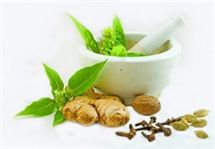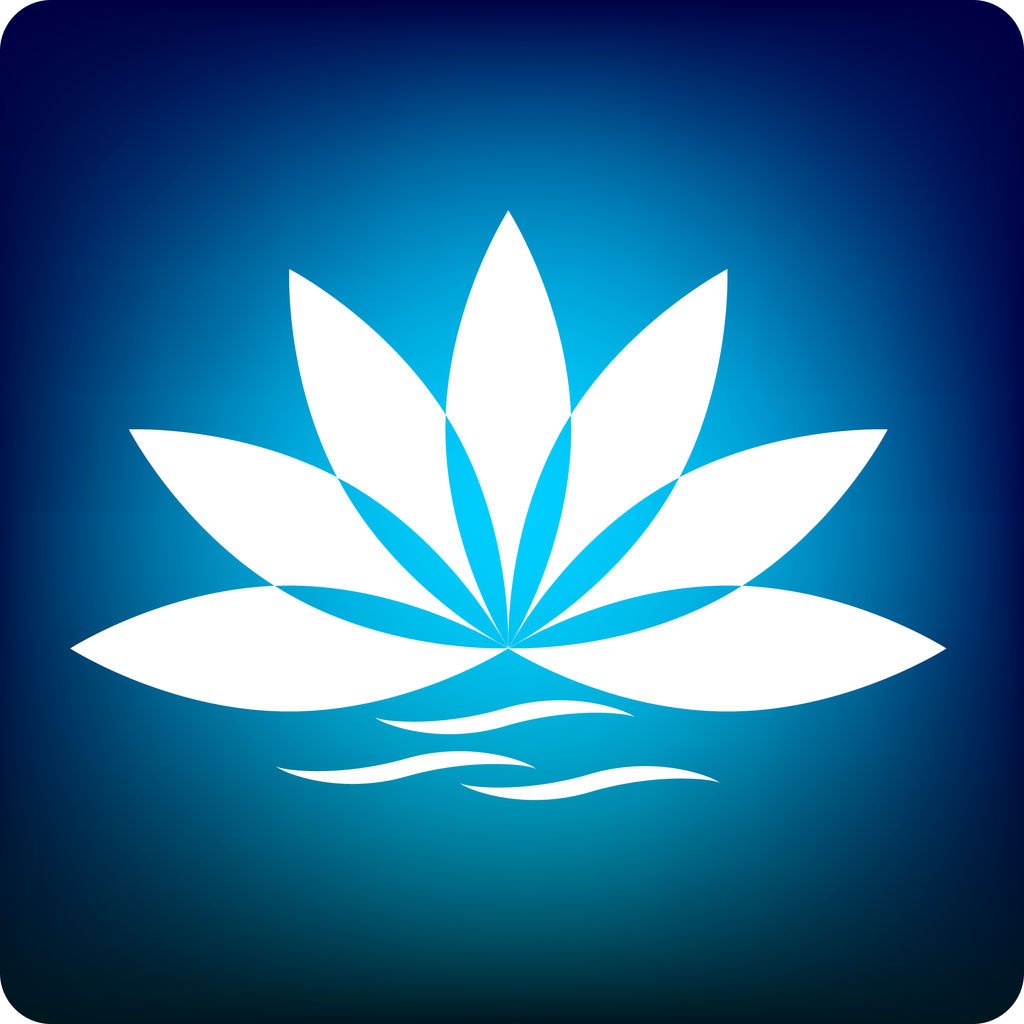
Ayurveda Lifestyle Counseling
Ayurveda Lifestyle Counseling ("ALC") offers you simple ways to work with your physical constitution instead of against it. When you align your choices with your true nature, many conditions and imbalances can be eased and rebalanced. We are a combination of all three "doshas," with one or two usually dominant, and when these go out of balance, we experience this as illness, pain, and specific emotions associated with the out of balance dosha.
What to Expect
Mostly, I might include an introduction to basic Ayurvedic concepts as part of a Reiki session. However, if we feel it would be beneficial to do a stand-alone Ayurveda Lifestyle Counseling session, that can be arranged. The appointment would be held online, and prior to it, I would send you a Constitutional Evaluation and medical history forms, which we will go over during your initial session. We would also go over your current diet and activities to see if balance can be restored through simple changes in everyday habits. You can then make choices that support and balance the doshas (see below). Often, just making the changes to lifestyle is sufficient to see improvement.
If lifestyle changes aren't sufficient to make a difference, then I will refer you to a full-time herbalist. Although I've had fairly extensive training in Western, Chinese & Ayurvedic herbs, my practice centers on energy work. Drawing upon Ayurvedic principles and translating them to specific acupressure points and lifestyle patterns is very useful. Incorporating these concepts at home after your appointment supports the work done in session. I make referrals to full-time herbalists if I think it would be helpful.
The first consultation can be as brief as 30 minutes of your session, to up to an hour. Prior to your first consultation, I will send you an Ayurvedic Constitution Evaluation to determine your pakruti, and medical history and intake evaluations to complete prior to your appointment.
More About Ayurveda: the Doshas
There are three doshas (primary life force, or biological humors) which constitute each person's pakruti, or physical constitution. Usually one or two are dominant.
 Vata (Air/Ether)
Vata (Air/Ether)
Characteristics: light, scattered, dry, rough, irregular, cold, mobile, wind.
Season of Fall.
People who are predominantly Vata are small-boned and have flat, dry muscles, with a tendency towards nervousness, anxiety, spaciness, and who might be irregularly proportioned. Skin tone tends to be ashy or sallow. Hair may be sparse or thin.
Vata's strengths: inspiration, movement, empathy, sensitivity. (photo credit www.pixabay.com)
Common Vata conditions that can benefit from lifestyle counseling are: exhaustion, fragility, dry skin, low tolerance for stress, lack of concentration, insomnia, sensitive nervous system, constipation, hypersensitivity, and delicate/temperamental digestion. Bring Vata into balance to be grounded, calm, focused, and present.
 Pitta (Fire/Water)
Pitta (Fire/Water)
Characteristics: hot, oily, oozing, flowing, bright, sharp, flowing.
Season of Summer.
People who are predominantly Pitta are medium-boned, have well-defined muscles, with a tendency towards irritability, aggression, may be workaholics, judgmental, and are competitive. Skin tone has an underlying (or energetically overlaying) red hue. Pitta's strengths: focus, motivation, leadership, will.
Common Pitta conditions that can benefit from lifestyle counseling are: skin rashes and inflammations, ulcers, diarrhea, oily skin, GERD, metabolic/hormonal issues. Pitta digestion is usually strong. Bring Pitta into balance to find "the middle way," to achieve your goals without excessive competition and stress, to reduce excess heat in the body. (Photo credit: www.flickr Steven Jurvetsen)
 Kapha (Water/Earth)
Kapha (Water/Earth)
Characteristics: Cold, heavy, moist, slow.
Seasons of Winter and early Spring.
People who are predominantly Kapha are big-boned, having heavy, dense muscles, with a tendency towards lethargy and depression. Kaphas have a lot of endurance and strength, but it can be difficult to get them off of the couch. Kapha skin is pale, soft and moist; hair is abundant and lustrous.
Common conditions associated with this dosha are: obesity, diabetes, frequent colds, and apathy. Kapha's strengths: compassion, endurance, service to others, physical strength. Common Kapha conditions that can benefit from lifestyle counseling are: obesity, depression, inertia, lack of energy, frequent illnesses and colds. (Photo credit: www.pixabay.com)
Any of these conditions can be helped by avoiding the things (foods, environment, activities) that provoke the dosha associated with it because anything can be described in doshic terms.
 A Brief Word About Licensing/Training
A Brief Word About Licensing/Training
Ayurveda is not regulated in this country, so you will find that practitioners offer a variety of services and have had varying levels of training. For example, my teacher's teacher, Vasant Lad, is an Ayurvedic Physician, trained in India and is a medical doctor there. My teacher, Candis Cantin (EverGreen Herb Gardens, Placerville, CA), is an expert herbalist, and studied with not only Dr. Lad, but other well known herbal experts, and has had many years of training in creating and recommending herbal formulas.
I received 500 hours of training with Candis. This in-depth training covered core concepts and principles, the uses and actions of Ayurvedic, Western and TCM herbs and their energetics. Practical hands-on training included basic Ayurvedic cooking and how to make salves, teas, balms, tinctures and capsules. The final course was the Ayurvedic Lifestyle Counselor training. So, although I feel comfortable suggesting some basic herbs for common complaints, I prefer to refer to clients to full-time herbalists for complex issues. I do not sell herbs or supplements, and use essential oils as part of the AcuReiki Essence sessions. I always recommend that prior to taking any herbs, you discuss them with your physician or other primary healthcare practitioner.
My focus and expertise has been on bodywork and energy work for the past 20+ years, so I integrate Ayurveda Lifestyle Counseling with the work during appointments and suggest things they can do on their own to support and maintain the work done in session.

